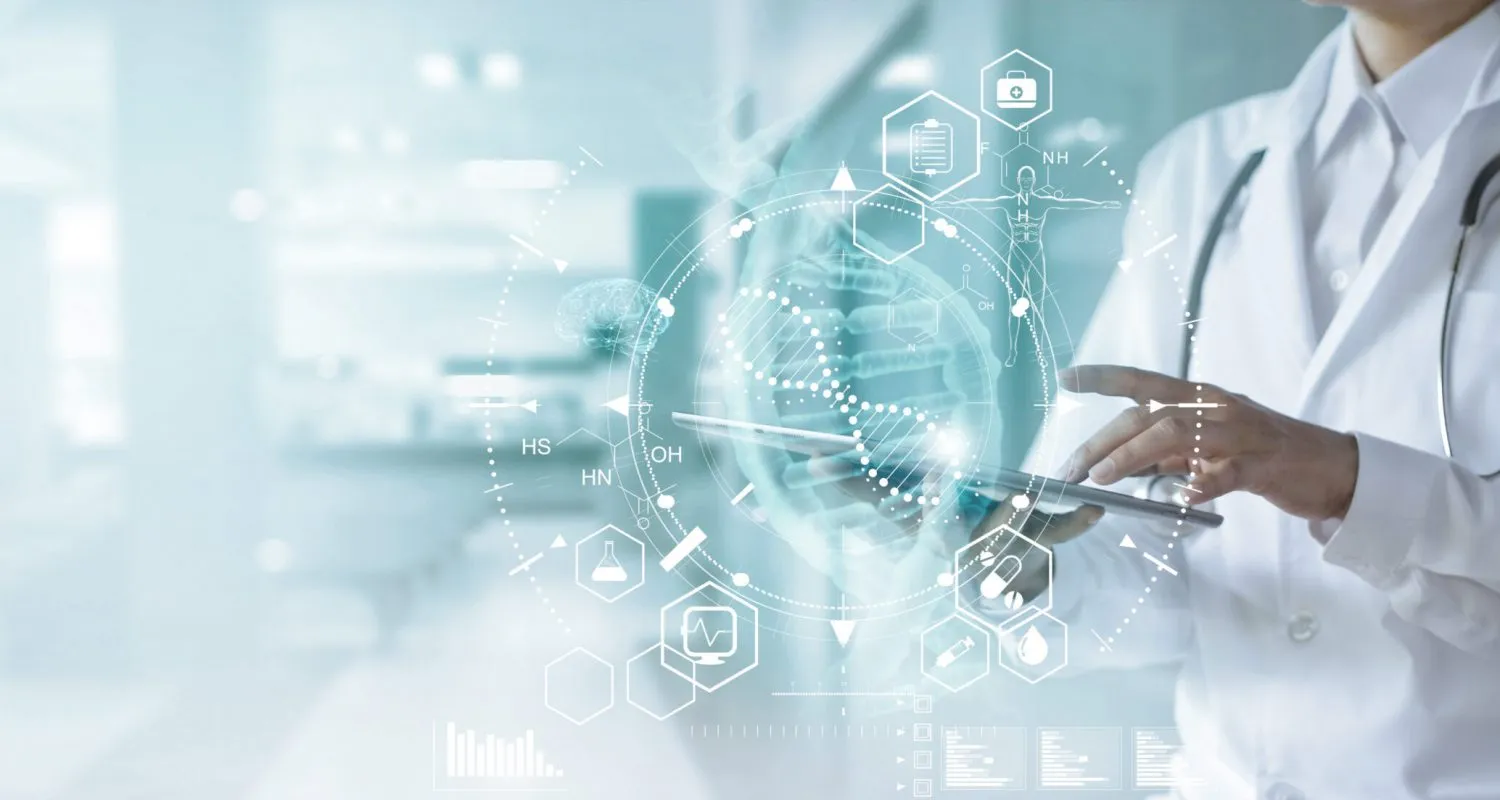Do you know what hypertension is? How about a laparoscopy? If not: These medical terms with Greek/Latin roots translate as high blood pressure and keyhole surgery. You don’t necessarily have to be a language service provider to unlock the meaning and significance of medical texts – though it surely helps. But how can medical and pharmaceutical texts be translated into other languages in the best possible way and what do you need to take into account? As translation professionals with in-depth expertise in the field of medical translations, we have put together four tips for you.
1. One hundred percent accuracy required
Medical jargon is often difficult to understand because it contains clinical terminology and complex issues. Therefore, the translation of medical documents requires a special mindset and care. In addition, abbreviations that seem the same can have different meanings in different languages. Medical translations therefore need to be particularly precise and accurate, because any inaccuracy can have serious consequences. The medical industry is required to adhere to strict quality standards, and the same should apply to the translation company that helps translate medical documents and specialized texts. Two certificates provide assistance in selecting the right service provider: While the ISO 9001 standard is used to improve quality across all industries, the DIN EN ISO 17100 standard is specifically for translation services. These certifications confirm that a translation company works professionally and that its employees are certified experts.
2. You need expertise
You certainly wouldn’t let a layperson perform heart surgery, would you? The translation of medical documents also requires expert knowledge. Some examples of typical translations in this area are:
- Medical documents
- MedTech device manuals
- Medical records and case reports
- Pharmaceutical documents and recommendations
- Research papers and professional articles
- Training and continuing education documents for medical professionals, etc.
- Diagnostics and medical records
- Documents such as referrals, discharges or insurance formalities
- Medical brochures
- Pharmacological instructions
- Online materials and websites as well as social media campaigns
Each of these documents have to be adapted to the target group and be 100% reliable. Only experienced medical translators know the correct terminology and jargon to translate technical terms and use them in the right context.
Most translators are able to translate words literally, but without expertise they lack any real understanding of what those words mean. This can lead to inaccuracies, especially since cultural nuances and regional dialects can vary depending on the destination. It is true that human anatomy and diseases are essentially the same everywhere. However, translating medical documents can become tricky when the meanings of words do not transfer well between languages. This is where you need skill and know-how. Ideally, the translator is not only familiar with the medical field but also a native speaker. You would like to have your hospital website translated into Turkish? Then it’s best to rely on a Turkish native speaker. Language experts should also be familiar with innovations in the relevant field. Is the Medical Device Regulation (MDR), which was enforced in spring 2021, relevant for you? If so, you need professionally sound and compliant translations and localizations, because you may need to revise product information, usage instructions, markings, or labels.
3. Pay attention to context and meaning!
Those familiar with translating medical documents need to know the lexical word usage of the source and target languages, especially how terms and words are used differently in the medical community. Words can express different things or have different connotations when used in a particular way or in a certain context. Examples: Medical rehabilitation (rehab) means something quite different from, say, the social reintegration of young people. The body’s own defenses have a completely different meaning than military intelligence, for example. A simple translation is therefore not enough, and this also applies, in many cases even more so, to medical texts. Sometimes, for example, the German term “Mandeln” may sometimes refer to almonds, sometimes to tonsils – depending on the target group and context.
4. Mastering many texts and languages with the help of a translation agency
If you need a large amount of text translated in a short space of time, a translation company is the best choice. Medical, medtech, and pharmaceutical companies get consistent, high-quality translations from a single source. ACT Translations offers highly qualified, hand-picked translators, who are native speakers with strong expertise that you can rely on and with whom you can easily meet urgent deadlines, for example, for pharmaceutical approval documents.







